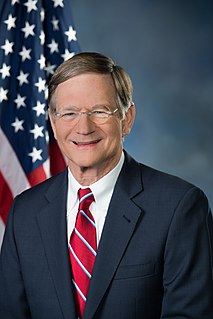A Quote by Michio Kaku
The job market of the future will consist of those jobs that robots cannot perform. Our blue-collar work is pattern recognition, making sense of what you see. Gardeners will still have jobs because every garden is different. The same goes for construction workers. The losers are white-collar workers, low-level accountants, brokers, and agents.
Quote Topics
Future
Accountants
Agents
Because
Blue
Blue-Collar
Brokers
Cannot
Collar
Consist
Construction
Construction Work
Construction Workers
Different
Every
Garden
Goes
Job
Jobs
Level
Losers
Low
Low-Level
Making
Market
Our
Pattern
Perform
Recognition
Robots
Same
See
Sense
Still
Those
White
White-Collar
Will
Work
Workers
Related Quotes
Blue collar workers cannot hire each other. White collar workers cannot hire each other. You have to have a businessman or a businesswomen, a business owner to hire you. And you cannot make the environment so unfriendly to them or so unprofitable or so burdensome that they go out of business,because if they go out of business, you are out of a job.
Many white-collar workers are lucky enough to have creative-class jobs that are satisfying, which is great as long as you're still able to carve out true, work-free leisure at some point. But there's been a kind of sneaky reframing of work as play as the Silicon Valley model has been imported into other fields. Now you see adult offices that look like nursery schools, and staff paintball parties, work cultures that encourage the "We're a family here!" fantasy while preventing workers from going home at a reasonable hour to be with their actual families.
When I'm talking about the white working class, here's what I'm defining: high school degree, no more, and working in a blue-collar job or a low-skilled service job. When I'm talking about the white, upper-middle class, I'm talking about people who work in the professions or managerial jobs and have at least a college degree.
To the extent that our workers compete with low-paid Mexicans, it is as much through undocumented immigration as trade. This pattern threatens low-paid, low-skill U.S. workers. The combination of domestic reforms and NAFTA-related growth in Mexico will keep more Mexicans at home. It is likely that a reduction in immigration will increase the real wages of low-skilled urban and rural workers in the United States.
Apparently, union bosses are so distraught about declining enrollments they will stoop to exploiting illegal workers. There is no doubt that this would hurt American workers, who would suddenly face a flooded job market full of cheap foreign labor. It would depress the wages of the American workers and cost them jobs.




































